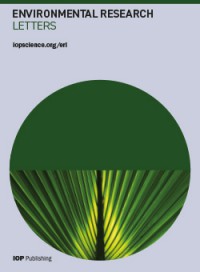Socio-metabolic Risk and Tipping Points on Islands

Small Island Developing States (SIDS) face enormous sustainability challenges such as heavy reliance on imports to meet basic needs, tenuous resource availability, coastal squeeze, and reduced waste absorption capacity. At the same time, the adverse effects of global environmental change such as global warming, extreme events, and outbreaks of pandemics significantly hinder SIDS' progress towards sustainable development. This paper makes a conceptual contribution by framing the vulnerability of small islands from the perspective of socio-metabolic risk (SMR). SMR is defined as systemic risk associated with the availability of critical resources, the integrity of material circulation, and the (in)equitable distribution of derived products and societal services in a socio-ecological system. We argue that specific configurations and combinations of material stocks and flows on islands and their 'resistance to change' contribute to the system's proliferation of SMR. For better or for worse, these influence the system's ability to consistently and effectively deliver societal services necessary for survival. By positioning SMR as a subset of systemic risk, the paper illustrates SMRs and tipping points on small islands using insights from three sectors: water, waste, and infrastructure. We also identify effective leverage points and adaptation strategies for building system resilience on small islands. In conclusion, our synthesis suggests that governing SMR on SIDS would mean governing socio-metabolic flows to avoid potential disruptions in the circulation of critical resources and the maintenance of vital infrastructures and services while inducing interventions towards positive social tipping dynamics. Such interventions will need strategies to reconfigure resource-use patterns and associated services that are sustainable and socially equitable.







